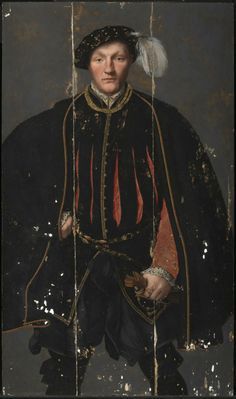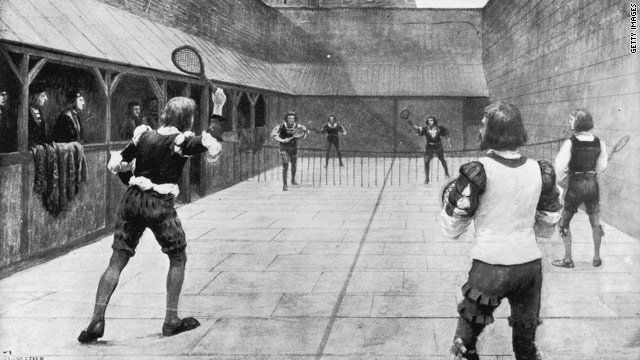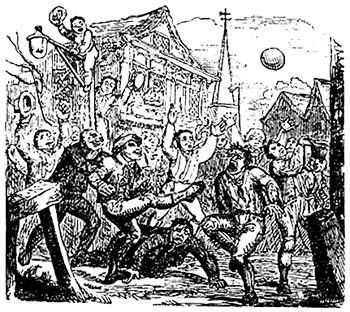16th Century Portslade
16th Century Portslade
In the late 1530s, England’s south coast faced the threat of invasion from France. Following the burning down of Brighton in 1514, five forts were built along the south coast to help guard against further attack.
Old Portslade Village was built-up in the 16th century. The oldest surviving house in Portslade is Kemps, situated at the eastern end of the High Street. It was built in 1540 by the Blaker family, a wealthy and influential Sussex family.
In 1576, the first police constable was employed in the village. Portslade Manor itself was not averse to a scrape with the law; Sir William West allegedly tried to poison his uncle and was found complicit in a plot against Queen Mary. Sir William's honours were consequently disabled by Parliament.
The fishing trade employed many local men who were involved in frequent risky fishing expeditions. However, with coastal erosion and fierce competition among other coastal towns, life became particularly hard for the local fisherman; records show some sailors even resorting to piracy! The stretch of tidal water on the coast is now merely a basin, but a river flowed alongside Portslade until late medieval times.
During this century the population of England increased from 2.6m to 4 million. This was a period of significant change for the rural population, with manorial lords enclosing village lands that had previously been open to all. Most people lived in small market towns and isolated rural areas, with the vast majority working as labourers on farms owned by wealthy landowners. They were often paid in clothing, food and drink.
The middle class frequently served in the government, enforced the law and sat in parliament. Many lived in small manor houses built of stone instead of wooden houses. The wealthy dined on exotic meats, spices and alcohol; the poor ate rabbits and birds found in local fields and drank ale.
Average life expectancy was 35. Girls could be married at 12, boys at 14. From the age of 7, children could leave home to become servants to the rich, with only privileged children being educated. Rich adults jousted, played chess, tennis, hunted and put on elaborate plays; the poor enjoyed football with teams of unlimited size!
Researched and written By Tracey Surman
Pictured:
1. A map showing the French invasion of Brighton in 1514.
2. Kemps, Portslade. Pictured today
3. Sir William West, Lord of the Manor
4. London in the 16th century
5. Tennis in the 1500s
6. Football in the 16th century
16th century events from across the country
1508 - Accession of Henry VIII
1536 - Anne Boleyn is executed
1545 - Sinking of the Mary Rose
1564 - Shakespeare born
1588 - Spanish Armada defeated
1599 - Oliver Cromwell born
Kings and Queens of the 16th century
Henry VII 1485 - 1509
Henry VIII 1509 - 1547
Edward VI 1547 - 1533
Lady Jane Grey 1533 (9 days)
Mary I 1553 - 1558
Elizabeth I 1558 - 1603
Lords of The Manor of Portslade
1497 - 1525 Ralph Bukberd.
1525 - 1554 Thomas Bukberd.
1563 - 1595 Sir William West
1595 - 1600 Thomas West












